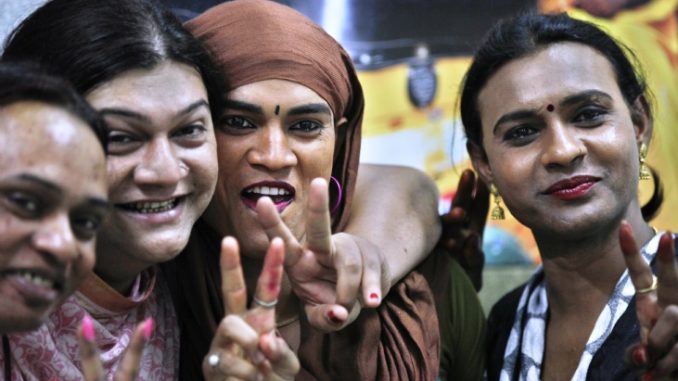
The decision is the outcome of the government’s discussions with several transgender community organisations last month. Chief Minister Naveen Patnaik, after a thorough review on May 29, asked the social security department to include transgender people in social security schemes.
The move is also in keeping with the Supreme Court’s order in 2014 that recognised transgender as a legal third gender.
“When you cover someone in the BPL list, he is automatically covered under all social security programmes of the government, like food grains, pension, health, education and housing. That’s the strength of a BPL card,” Odisha social security secretary Niten Chandra told HT on Friday.
He said many states like Tamil Nadu and Kerala have welfare boards for transgender people, but no state so far has included them in the BPL category.
“We have been fighting for this for several years. It is great that Odisha has become the first state to take the initiative. The move will usher in a sea change in the lives of the transgender community in the state, as well as across the country,” All Odisha Third Gender Welfare Trust chairperson Meera Parida said.
Although there is no official record of the transgender population in Odisha, it is roughly estimated to be around 40,000. In the 2011 census, 4000 transgender people registered themselves in the ‘Others’ (as opposed to Male and Female), category.
A majority of transgender people are steeped in poverty, as societal taboos obstruct them from taking up employment. Most end up as sex workers or beggars in trains.
Parida said distributing BPL cards is the first step towards the empowerment of transgender people. This ensures that besides receiving all benefits of social security schemes, they can educate themselves and become self-sufficient by starting small businesses with bank loans and subsidies.
“Still, there are miles to go. They need livelihood training and there has to be awareness campaigns to sensitise society to ensure that taboos against the third gender are rooted out,” she said.
Source: Hindustan Times

Leave a Reply